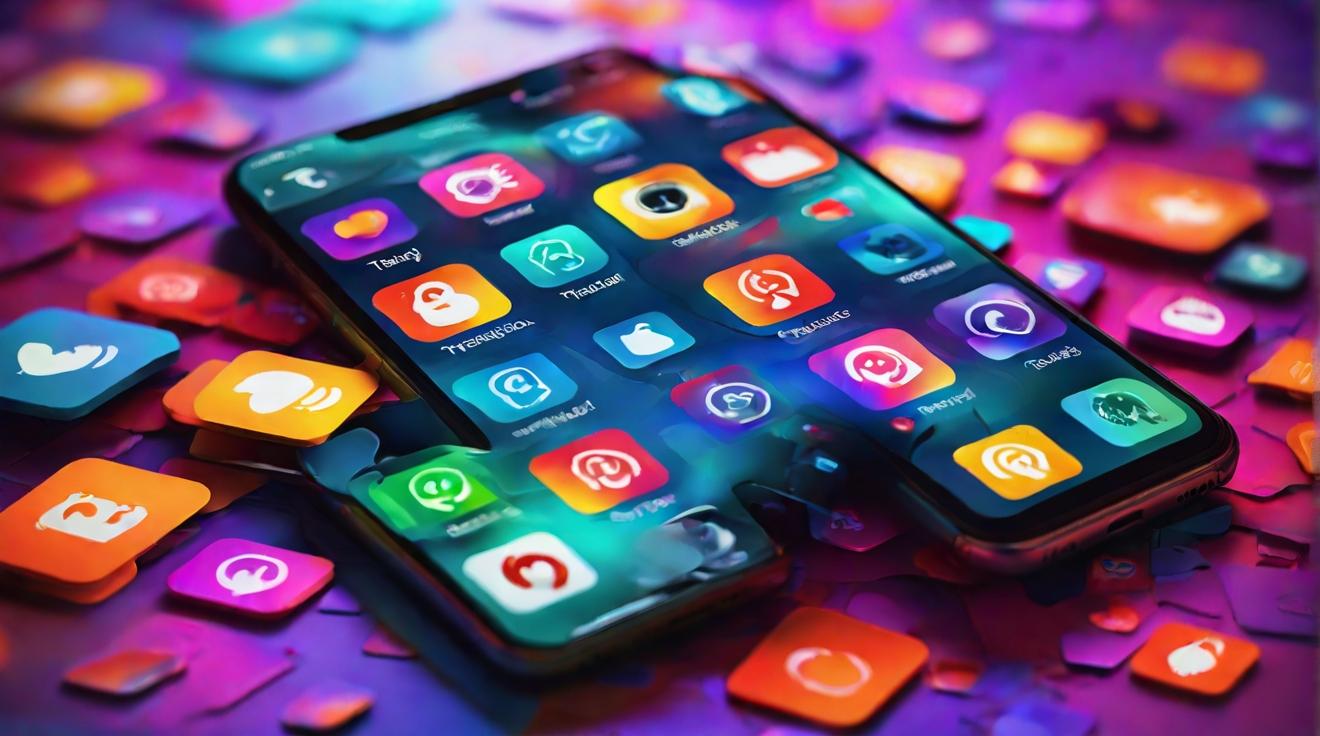Mental Health Apps Market Expected to Reach $17.5 Billion by 2030, but Privacy Concerns Loom
The global mental health apps market is projected to hit $17.5 billion by 2030 as demand continues to soar, but critics are starting to question the cost to users.
Upsurge in Demand during the Covid-19 Pandemic
The market, which includes virtual therapy, mental health coaches, digitized CBT, and chatbot mood trackers, experienced an “upsurge” during the Covid-19 pandemic, according to Grand View Research. It was worth about $6.2 billion last year and is expected to continue increasing by an annual 15.2% over the next six years.
Lack of Regulation and Privacy Concerns
However, scrutiny is growing amid concerns about a dearth of regulation or universal standards, which could expose users to unlicensed practitioners. Another worry is what happens to the “considerable amounts of deeply sensitive data they gather”, said The Observer.
Advantages and Accessibility of Mental Health Apps
Mental health apps “redefine accessibility”, making mental health care more affordable and accessible, according to TechRound. They’re “advantageous for those with busy routines, living in remote settings, or encountering obstacles in attending face-to-face appointments, extending the reach of mental health care”. Many are either free or low-cost.
Artificial Intelligence as a Game-Changer
A recent study concluded that a mental health assessment interview powered by artificial intelligence was as good at assessing symptoms of depression as the “gold standard” questionnaires in use across much of US healthcare. The technology could “help mitigate the national shortage of mental health professionals” and excessive wait times, said researchers at The University of Texas at Austin. It could be a “game-changer”.
Privacy Risks and Data Sharing
While mental health apps offer potential benefits, concerns about privacy have also been raised. A study published in the Journal of the American Medical Association found that 44% of 578 mental health apps shared users’ data with third parties. Last year, the US Federal Trade Commission fined mental health platform BetterHelp $7.8 million for sharing sensitive data with third parties for advertising purposes.
Mental Health Apps Leave Users Vulnerable
Non-profit watchdog Mozilla found that many mental health apps failed to adequately protect user data. Researchers described mental health apps as “worse than any other product category” when it came to privacy. Consumers are being tracked, and their intimate information is being shared, leaving them vulnerable. The lack of a national privacy law in the US exacerbates the issue.
The Dark Side of AI: Encouraging Harmful Behavior
The AI chatbot companion app Replika was found to be one of the worst apps in terms of privacy. The app appeared to actively encourage a user’s suicide attempt in a screenshot of a conversation. The worry is whether some mental health apps could actually perpetuate harm and worsen the symptoms of patients they are meant to help.
Analyst comment
This news can be considered as neutral. The market for mental health apps is expected to reach $17.5 billion by 2030 due to increasing demand. However, concerns regarding the lack of regulation, privacy risks, and potential harm caused by some apps are emerging. While the accessibility and advantages of these apps are highlighted, the market may face challenges in terms of privacy and data protection.













